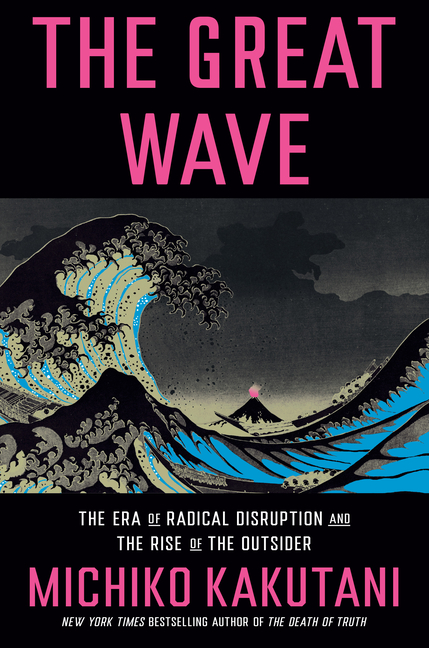The chaos of those eras, Kakutani suggests, is suggestive of the chaos through which we’re all living now. But in attempting to limn that chaos, Kakutani reveals the shortcomings of synthesis. It simply is beyond her abilities to evoke the modern era with any kind of individual, creative language. All she has are references, and all her references are basic as hell ... It’s all a gloss, that is to say, names cherry-picked to support trend-piece-level arguments about the evolution of culture ... The buzzwords, jargon, and tired cultural references reach their apogee in Kakutani’s chapter headings, which read like baroque PowerPoint slides for an undergraduate survey course about all the shit we’re already thinking about every minute of every day. I simply cannot decide which of these induced in me the deepest, most soul-weary shudder ... it’s so impersonal, so disheartening, barely a book at all, really. Michiko Kakutani, expert reviewer, has reviewed the past 10 years. She’s read everything there is to read on the internet, and taken extensive notes, and now she’s delivering her take. Well, was it good? No—it was bad.
Read Full Review >>

